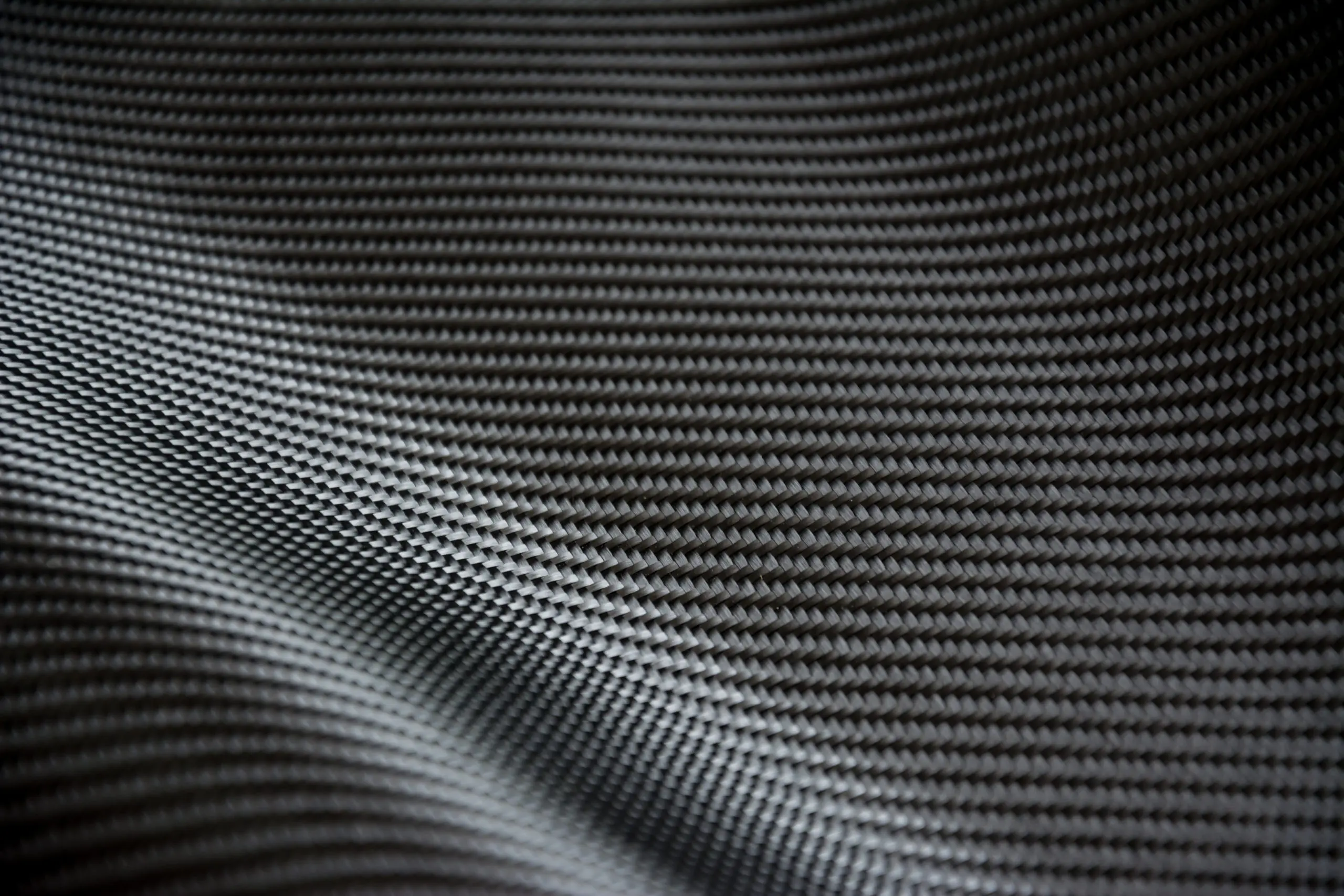
Martyn Wakeman
Lecturer, EPFL

Focusing on the carbon fiber industry, the key research question illuminated is: “How can mass flows be impacted via financial investment in enabling technologies to drive increases in product circularity and reductions in embodied energy in rapidly growing (double digit CAGR) end use sectors”. If mass flows are not impacted then novel materials and supply chain models will not impact the cumulative CO2e of the industry. Mass flows will not be redirected without significant investment in enabling technologies, aided by government policy (for example step-wise transformation of end-of-life legislation to drive up levels of circularity).
Our work has developed a Monte-Carlo model to track versus time to 2050: i) mass flows (predictive MFA), ii) started to examine product CO2e flows (predictive LCA), and iii) monetary flows (initial work in progress) corresponding to 10-50-90 probability scenarios for different ‘enablers’ that are configured to represent different SSPs with corresponding market growth of carbon fiber composite products. It has take a PESTLE level trans-disciplinary approach drawing on the combined industrial and academic experience of the project team at EPFL and IMD and targeted industrial partner input.
The end goal of this project is to propose quantified sustainability initiatives and associated roadmaps (work in progress) to enable step-wise transformation of the carbon fiber value chain while it also invests to meet sustained market growth. This will require investment in new technologies, together with novel ways of collaborating in the carbon fiber value chain especially around product labelling, reverse logistics, and recycling infrastructure.
Read the final brief to learn more about this research project.